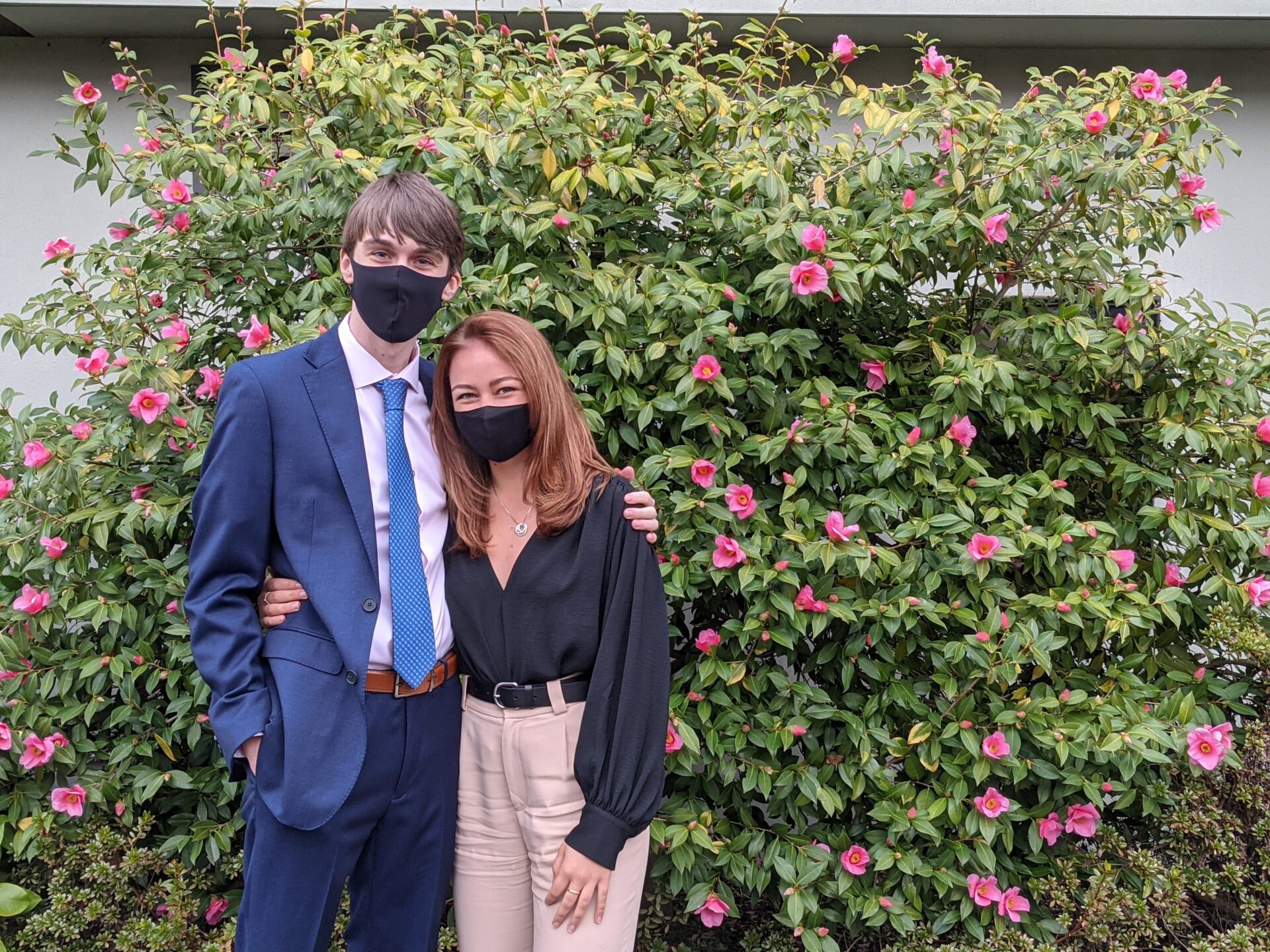
After an uncertain and tumultuous year, the 59th International Affairs Symposium was held from April 5-7.
The symposium typically consists of a series of debates, each of which addresses an international issue that has significantly impacted current global politics. This year’s theme, “System Shocks: Finding Clarity in a Chaotic World,” was inspired by the political and economic shockwaves inflicted on the global system over the past five years — including the COVID-19 pandemic.
According to co-chair Sandenna McMasters ’21, the planning committee was particularly interested in learning about potential solutions to these issues.
“We wanted to analyze what shocks have been happening and what are the possible evolutions to come from those shocks,” McMasters said. “What are the perspectives from the leading scholars on what’s going to happen in the world after we’ve experienced the blows that we have?”
Since the start of the fall semester, members of the Student Steering Committee, as well as symposium co-chairs McMaster and Nathan Oakley ’22, met weekly to research scholars and topics for the debates. The committee had originally intended to plan an in-person symposium where speakers would have livestreamed their debates from the Lewis & Clark Campus. However, COVID-19 regulations eventually forced the symposium to go completely online.
According to Committee member Annika Bateman ’22, this year held especially new challenges that they had not encountered before.
“Throughout the whole year, the symposium was up in the air and we weren’t sure exactly what the format was going to be or who could come, or who could attend the event,” Bateman said.
One of the committee’s biggest concerns was the Q&A portion of the debates. Prior to the pandemic, these debates had allowed LC students to discuss and question the speakers, many of whom are distinguished scholars in their field. According to Bateman, the committee was able to successfully address this dilemma by planning watch parties hosted by members of the steering committee.
“We have rented out a lot of classrooms in Howard … where a steering committee member, or just a host (will) be leading discussions or talking about the event with those who are coming to the watch parties,” Bateman said.
The watch party hosts also read off questions that students submitted through the Zoom chat, which allowed students to engage with the scholars.
The symposium kicked off on April 5 with a debate on cultural preservation versus integration. The two guest speakers, Sophie Croisy and Salikoko Mufwene, discussed the impacts of globalization and whether “minority cultures (should) embrace the dominant one in the name of the collective good of society,” or whether that integration “threaten(ed) the advantages that cultural diversity brings.”
In an email statement, McMasters explained that the symposium’s online format in no way diminished the quality and engagement of the event.
“The first day of the symposium was spectacular … We had a wonderful turn out as well, both for watch parties and for online engagement,” McMasters said.
This year’s most anticipated event occurred on April 6. G. John Ikenberry and Gregory Treverton, both of whom are individually acclaimed in the world of international relations, discussed the future of the liberal international order. The debate was mediated by Assistant Professor of International Affairs Kyle Lascurettes, who pushed both Ikenberry and Treverton on their personal beliefs. He often cited from their personal published works as reference, such as Ikenberry’s novel “After Victory: Institutions, Strategic Restraint, and the Rebuilding of Order After Major Wars,” a piece that Lascurettes studies with his students in his own classes.
The final debate was held on April 7 with speakers Roslyn Fuller and Samuel Woodley, who discussed the digitalization of the modern world. LC Professor of Law Tung Yin moderated the debate, encouraging the speakers to push the envelope on the discussion of technology and its influence on the modern distinction between fact and fiction.
Despite the initial challenges they faced, the oldest student-run symposium in the country managed to hold an engaging online symposium amid a pandemic.
Subscribe to the Mossy Log Newsletter
Stay up to date with the goings-on at Lewis & Clark! Get the top stories or your favorite section delivered to your inbox whenever we release a new issue.

Leave a Reply